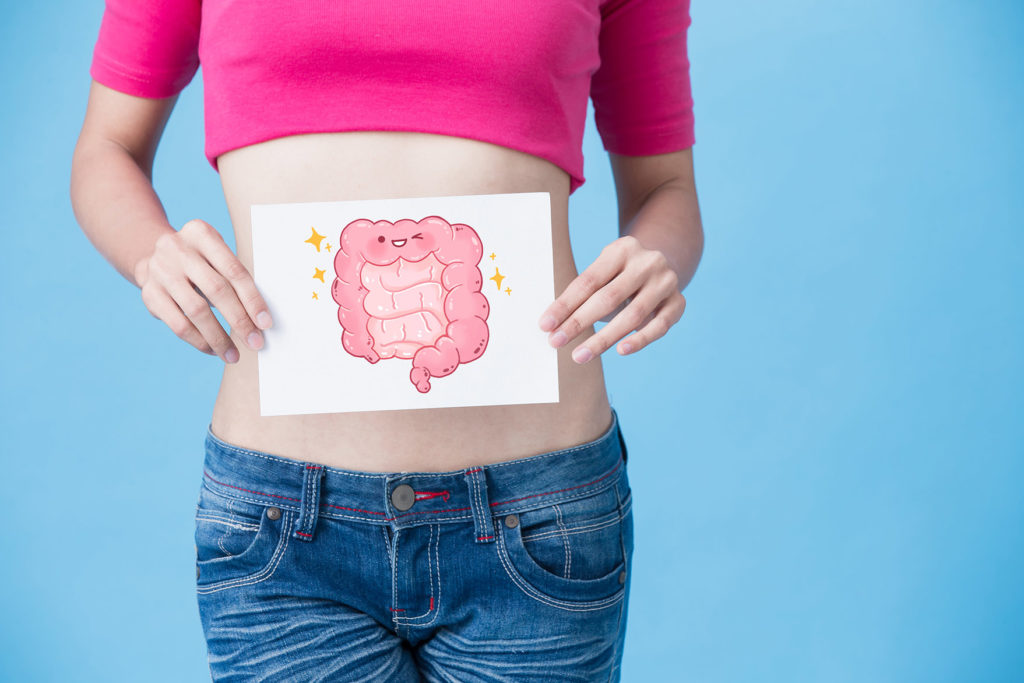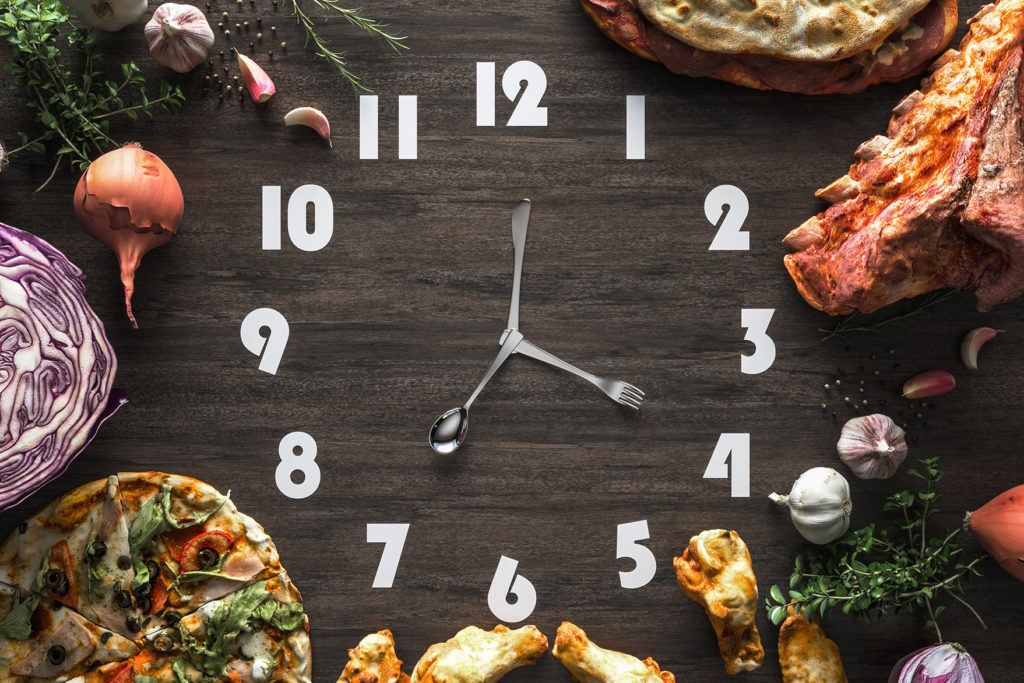The stomach is an important part of the human body. It contains various vital organs. In women, the abdomen is the future seat of their child. This is where the foetus develops and lives for 9 months before coming into the world.
In recent years, several studies have been conducted on the abdomen. However, it has been shown that it is not just a place that contains pipes for digesting food and discharging waste. In fact, this central part of the body houses multiple emotions that are directly linked to the nervous system.
It can therefore be considered as the centre of emotions, the brain of emotions. Here are some expressions that justify this hypothesis:
"The anxious have a knotted stomach"
"Lovers have butterflies in their stomachs "
"Cowards lack guts "
"Make visceral decisions "
"Fear in the belly "
Etc.
The existence of 200 million neurons
On December 2012, a revelation was made by the magazine New Scientist. It claimed that the belly had surprising characteristics as well as capabilities. According to a doctor's statement, the abdomen is both a sensitive and intelligent organ.
It is important to know that a belly is made up of a large number of neurons. It contains about 200 million of them, a number that can be compared to the brain of a dog or a cat. All these neurons are located on the walls of the intestines. They are scattered along the digestive tract and are involved in digestion. As easy as it sounds, digesting is still quite a complex process.
It involves grinding food into very small molecules that the body can then absorb in order to function properly. The digestive phenomenon requires a lot of nerve power.
However, in order to achieve this, the two brains join forces and do the work. The central nervous system and the enteric nervous system work together to ensure the digestion of everything we eat.
Is the 2nd brain responsible for happiness?
The amount of dopamine produced by the neurons of the enteric nervous system is similar to that provided by the brain. Dopamine is defined as a hormone responsible for happiness.
It generates the feeling of satiation after eating a delicious meal or the feeling people get after a tender kiss. In addition, this second brain absorbs a large amount of serotonin from the body.
It secretes 95% of the serotonin. It is important to note that an abnormal level of serotonin leads to psychological problems such as stress, anxiety and/or fear. This neurotransmitter is responsible for adjusting the body temperature and the circadian rhythm, the sleep modulator.
Relationship between stress and nutrition
There is an expression that the nature of what we eat defines who we are. The state of health depends largely on the usual diet.
Dietary imbalance or indigestion can lead to constipation, diarrhoea or acid reflux.
Some people tend not to eat properly when under stress. This is perfectly understandable and natural. The reason for this is that the stomach increases the production of ghrelin during stress.
This is the hormone that promotes appetite but is also responsible for anxiety and depression. Chronic stress and depression make people want to overeat fatty, salty or sweet foods. Excess is bad for your health.
Basically, it can be said that the belly contributes to the management of emotions.
Neurons and microbiota (bacteria in the gut) control the body from the inside. Neurons communicate between the brain and the digestive system to maintain the body's internal balance. From all this, we can say that the human body functions in a complex way.
However, it is important to listen to your desires. Here are a few rules to follow for good health:
- Do not choose a diet with too much salt or too much sugar or too much fat
- Avoid cow's milk and gluten if possible
- Reduce or stop eating red meat
- Don't eat more than you need to: eat in moderation and stop when your stomach is full. Force-feeding disrupts digestion.
- Eat fresh vegetables and fruit, preferably organic
- Drink a reasonable amount of water every day, as all organs need water to perform their functions
- Play sports from time to time
- Get enough sleep and avoid staying up late. The body needs eight hours a day to rest.


